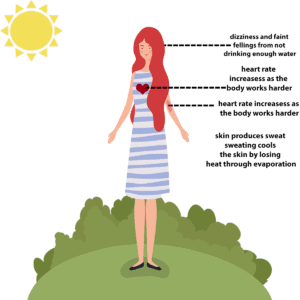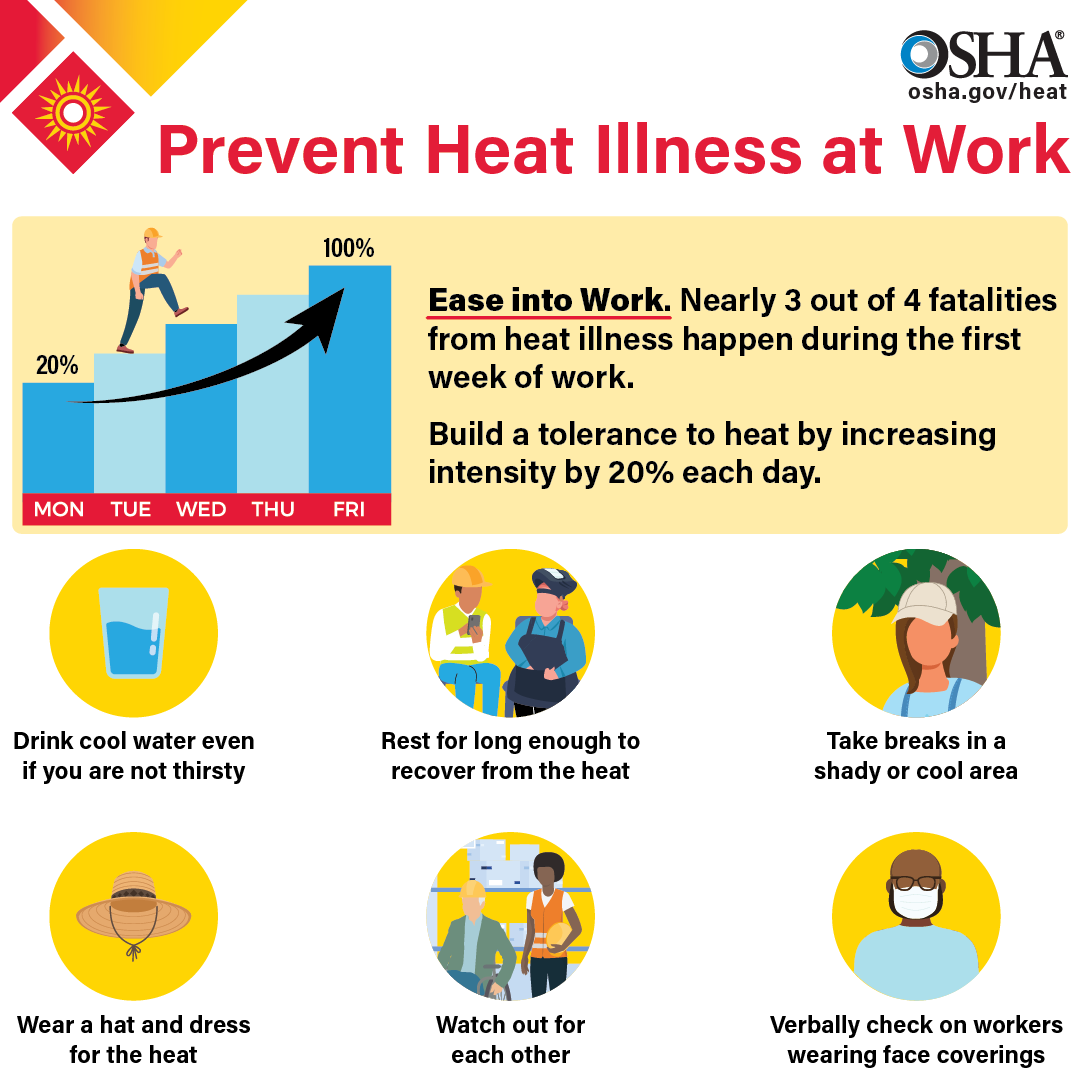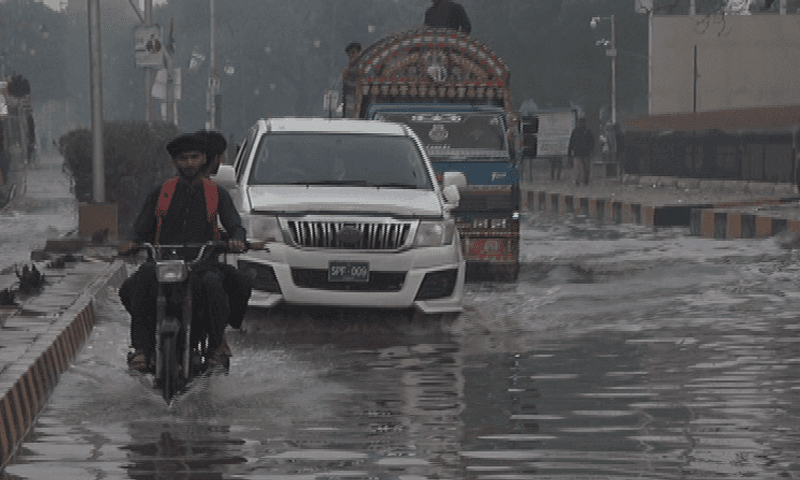Stay healthy and safe this summer 3 tips.
Stay healthy and safe this summer 3 tips.
The importance of prioritizing health during summer 3 tips.
Summer is a time for sunshine, outdoor activities, and relaxation. However, it is also a season that brings its own set of health challenges. Heat and humidity can have a significant impact on your well-being, so it’s important to prioritize your health during these months.
A. Understanding the effects of hot weather on health

B. Common health problems caused by heat and humidity
Common health problems during summer include dehydration, heat exhaustion, heat stroke and sunburn. Dehydration occurs when the body loses more fluid than it takes in, causing symptoms such as dry mouth, fatigue and dizziness. Heat exhaustion and heat stroke are more serious conditions caused by prolonged exposure to high temperatures, characterized by profuse sweating, weakness and confusion. Sunburn, caused by excessive exposure to UV rays, can damage the skin and increase the risk of skin cancer.
C. Tips for maintaining health and fitness during summer
To maintain health and fitness during the summer, it’s important to stay hydrated, wear sunscreen, and avoid prolonged sun exposure. Drinking plenty of water, wearing light and breathable clothing, and taking breaks in the shade can help prevent heat-related illnesses. Additionally, adding fresh fruits and vegetables to your diet can help keep your body hydrated and provide essential nutrients.
II Dehydration: A major health problem in hot climates
The combination of high temperatures and increased physical activity can lead to significant fluid loss, making it important to stay hydrated.
A. Symptoms of dehydration and its effects on the body
Severe dehydration can lead to more serious complications such as kidney stones, urinary tract infections, and heat-related illnesses. The body needs a certain amount of water to function properly, and when it’s not enough, it can lead to a number of health problems.
B. The importance of staying hydrated and ways to ensure adequate food intake
Staying hydrated is vital to maintaining good health, especially in the summer. It helps regulate body temperature, lubricate joints, prevent infection and provide nutrients to cells. Drink plenty of water throughout the day to ensure adequate hydration, eat water-rich foods such as fruits and vegetables, and avoid excessive caffeine and alcohol consumption, which can lead to dehydration.
C. How to recognize and prevent dehydration in children and the elderly.
Children, symptoms may include dry lips and mouth, sunken eyes and lethargy. For the elderly, symptoms include confusion, dizziness, and decreased urine output. To prevent dehydration, encourage regular fluid intake, provide water-rich snacks, and monitor their fluid intake, especially during hot weather or physical activity.
III Sun Protection: Protecting your skin and eyes from harmful UV rays

Exposure to the sun’s ultraviolet (UV) rays can cause significant damage to your skin and eyes. Protecting yourself from these harmful rays is important to avoid long-term health problems.
A. Risks and Potential Health Consequences of Sun Exposure
Prolonged sun exposure can increase the risk of sunburn, premature aging and skin cancer. UV rays can damage the DNA in skin cells, resulting in mutations that can lead to cancer. Additionally, UV exposure can cause cataracts and other eye conditions.
B. Importance of using sunscreen and protective clothing
Using a sunscreen with a high SPF protects your skin from harmful UV rays. Wearing protective clothing, such as hats, sunglasses, and long-sleeved shirts, can also help protect your skin and eyes from the sun.
C. Sun Protection Tips for Different Skin Types and Colors
Different skin types and colors require different levels of protection. People with fair skin are more susceptible to sunburn and should use a higher SPF sunscreen. Dark-skinned people also need protection, as they can still be prone to sun damage and skin cancer. Regardless of skin type, everyone should seek shade when in the sun, wear protective clothing, and apply sunscreen regularly.
IV Food Safety: Prevention of Foodborne Illnesses in Summer
Foodborne illnesses are more common in summer due to warmer temperatures, which promote bacterial growth. To avoid these diseases, it is important to practice proper food safety.
A. Common causes of food contamination in hot weather
In hot weather, food can spoil quickly if not handled properly. Bacteria such as Salmonella and E. coli thrive at high temperatures, increasing the risk of food contamination. Common causes include improper food storage, cross-contamination, and inadequate cooking.
B. Proper food handling and storage techniques
To prevent foodborne illness, follow proper food handling and storage techniques. Refrigerate or cool perishable foods until ready to use, cook meat at proper temperatures, and avoid contamination by using separate cutting boards and utensils for raw and cooked foods. .
B. Tips for Safe Outdoor BBQs and Picnics to Avoid Foodborne Illness
When hosting outdoor BBQs and picnics, keep food safety in mind. Use an insulated cooler to keep foods cold, avoid leaving perishable foods out for more than two hours, and cook meat thoroughly. Additionally, clean all surfaces and utensils before and after use to prevent contamination.
C. Exercise and Physical Activity: Staying Active While Being Safe
Staying active during the summer is important for maintaining overall health, but it’s important to do so safely to avoid heat-related illnesses.
D. Benefits of outdoor exercise and physical activity in the summer
Outdoor exercise and physical activity provide many benefits, including improved cardiovascular health, increased vitamin D levels, and improved mood. Engaging in activities like swimming, hiking, and cycling can make exercise enjoyable and rewarding.
E. Risks of overexertion and heat-related illnesses
Overexertion in hot weather can lead to heat-related illnesses such as heat exhaustion and heat stroke. Symptoms include heavy sweating, weakness, headache, and nausea. If not addressed immediately, these conditions can be serious and require medical attention.
F. How to exercise safely in hot weather and recognize the warning signs.
To exercise safely in hot weather, choose a cooler time of day for outdoor activities, such as early morning or late evening. Wear light, breathable clothing, and stay hydrated by drinking water before, during, and after exercise. Recognize the warning signs of heat-related illness, and take immediate action when symptoms appear by moving to a cooler area, hydrating, and seeking medical attention if necessary.
CONCLUSION.
Stay healthy and safe this summer Finally, making health a priority during the summer is crucial to preventing a range of health concerns. By staying hydrated, avoiding sunlight, practicing food safety, and exercising safely, you can enjoy the weather while staying healthy and safe. Remember to take proactive steps to maintain your wellness, and make the most of the summer months by being informed and prepared.
Gold Rates in Pakistan in 2024
1. Why is staying hydrated important during the summer?
Staying hydrated is essential during the summer because high temperatures and increased physical activity can lead to significant fluid loss. Proper hydration helps regulate body temperature, keep joints lubricated, prevent infections, and deliver nutrients to cells.
2. How can I protect my skin from harmful UV rays?
To protect your skin from harmful UV rays, use sunscreen with a high SPF, wear protective clothing such as hats and long-sleeved shirts, and avoid prolonged sun exposure, especially during peak hours. Reapply sunscreen every two hours and after swimming or sweating.
3. How can I ensure food safety during summer BBQs and picnics?
To ensure food safety, keep perishable foods refrigerated or in a cooler until ready to use, cook meat to appropriate temperatures, and avoid cross-contamination by using separate cutting boards and utensils for raw and cooked foods. Clean all surfaces and utensils before and after use, and do not leave perishable foods out for more than two hours.




